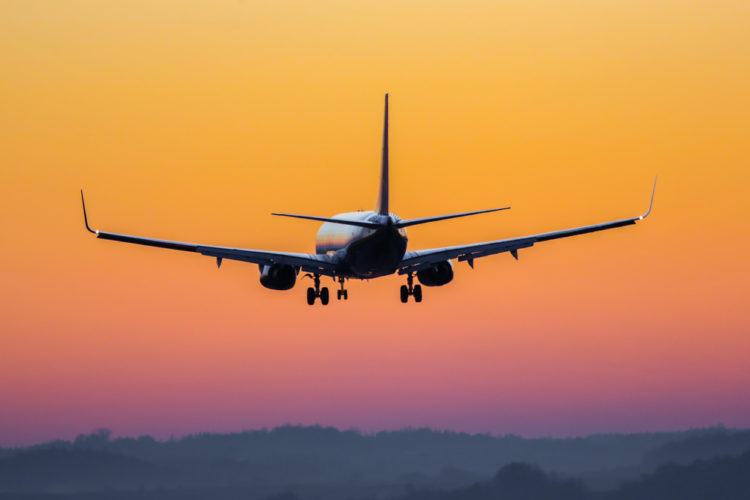1. New flights
Currently, Ukraine has bilateral air services agreements with each EU country. They set restrictions on the number of carriers and weekly flights.
This made it difficult for new carriers to enter popular flights.
The new agreement with the EU stipulates that restrictions on the number of carriers and flights will be lifted. Any air carrier will be able to fly along popular routes, not only monopolists. This means that low-cost airlines will get the opportunity to enter the market. Ryanair, for one, has already announced an "aggressive expansion" in Ukraine once the country joins the Open Skies deregulated aviation market, with plans to open flights from 12 Ukrainian airports instead of the current 5, as well as opening domestic services.
2. Cheaper tickets
Along with the new flights, passengers can expect more good news -- ticket prices are expected to drop as a result of increased competition and an end to monopolies along popular destinations. As well, prices will be slashed due to the agreement granting the right to any aviation company to handle passengers in airports. Currently, passenger handling is often covered by companies with a monopoly on the market, with whom air carriers conclude agreements. This translated into higher ticket costs. Now, air carriers can provide services for passengers in airports themselves, or have a higher selection of partners for such activities if they do not wish to do this.
3. New opportunities for Ukrainian airports

Apart from passengers, Ukrainian regional airports are expected to reap benefits from the changes. They will receive more airplanes and have a larger passenger flow. This means that regional airports will have more chances for investments and development.
4. EU standards for Ukrainian passengers
Another plus of the agreement for Ukrainian passenters is the introduction of EU norms and standards in Ukrainian aviation. These include flight safety and the customer rights protection under EU rules. For example, both EU and Ukrainian airlines will be forced to pay a substantial compensation -- EUR 200-600 -- if the flight is significantly delayed or cancelled due to the fault of the carrier. Carriers are also obliged to provide passengers with food and a hotel if the flight cannot depart.
5. Losses for Ukrainian air carriers
While the new agreement offers plenty of perks for Ukrainian passengers, Ukrainian airlines are not as optimistic. Although they can now expand their coverage to different European cities, as long as the journey starts or ends in Ukraine, they are banned from operating on domestic flights in EU countries, while EU carriers now have the opportunity of operating on Ukraine's domestic aviation market.
Lawyer Andriy Huk told BBC that thus far, Ukrainian air companies could compete with EU ones because the latter were not allowed night parking in Ukrainian airports, but this problem will be solved by the agreement.
In an interview with mintrans.news, Ukrainian International Airlines director Yevhen Dykhne told that Ukrainian airlines already face discriminatory conditions, as they are forced to pay excise duty on fuel and VAT within the country; the preferential conditions that the Open Skies agreement creates for EU companies will add even more injustice for the Ukrainian carriers.
Therefore, it is possible that Ukrainian companies will be forced to reorient to other routes towards Asia.

Ukraine's largest low-cost airline SkyUp also spoke about the damage that the agreement inflicts upon Ukrainian carriers. In a company statement, they told they believe that the economic component of the Open Skies agreement will harm the Ukraine's aviation industry and will not bring long-term benefits to passengers.
SkyUp stressed that the Open Skies agreement does not create equal rules of the game for Ukrainian and EU air companies. However, the company supports the security part of the deal.
"Many of Ukraine's current norms must be harmonized with European ones. Among them, for example, are crew working hours standards, certification, airline audits, industry wage standards. This is what the state should focus on," SkyUp believes.
Read about the other outcomes of the EU-Ukraine Summit on 12 October in our material:
Related:

